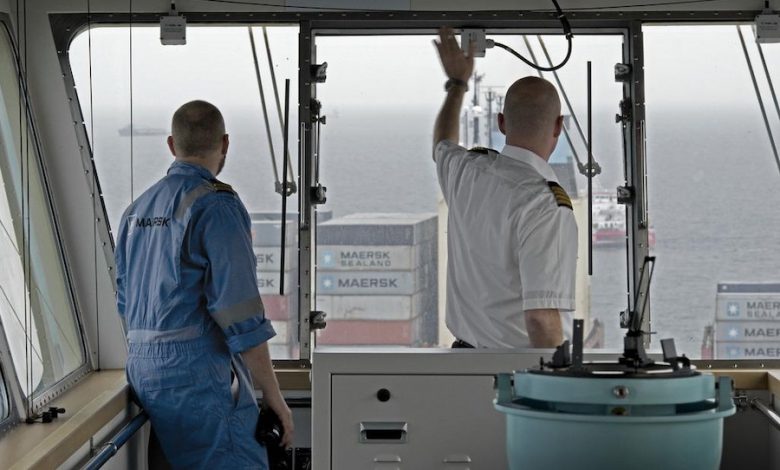What’s in store for Maritime Labour Convention Version 2.0?

Back when he was the managing director of the Hong Kong Shipowners Association, Arthur Bowring played an important role in the creation of the Maritime Labour Convention – the so-called seadfarers’ bill of rights. With the International Labour Organisation set to start sifting through proposed amendments to the convention, Arthur looks at what’s realistic in terms of upcoming changes.
Should the Maritime Labour Convention be amended to make it more effective? A good question, especially at in this age of Covid-19 with the awful situation of many seafarers being trapped at sea for extremely lengthy periods. And also, please do not forget those seafarers being trapped at home, unable to join ships and work in their chosen profession.
There are certainly areas in which the convention could be improved, and although we have not yet seen the papers containing amendment proposals there are likely to be quite a few put forward for next year’s meeting. Many commentators have spoken about enforcement, application, port state control, etc. But the ILO is not the IMO, there are essential differences between the two organisations.
The ILO constitution contains three important articles. Article 22 regulates the reporting mechanism. This requires reports from contracting states, annually or when requested, that detail the measures which they have taken to give effect to the provisions of the convention. These reports are assessed by the committee of experts who produce a report submitted to the International Labour Conference for consideration by a tripartite committee of that conference. The reports of the committee of experts are freely available, open to the public, and although they can be difficult to get through they do contain questions to states on how the convention has been adopted into local legislation, how interpretations have been made, and how local legislation is being enforced. I recommend that anybody with interest in the process accesses these reports from the ILO website. The reporting forms, which can also be downloaded, are determined by the ILO, are lengthy and not for the faint hearted to complete.
It is not the provisions of the convention that need amending, but the active identification by governments, seafarer and shipowner organisations of those who are not properly applying the convention
Article 24 then permits representations by industrial associations of employers or workers that describe how any of the contracting states has failed to secure the effective observance within its jurisdiction (flag, port and seafarer supply) of the Convention. Article 26 permits complaints by a contracting state if it is not satisfied that another contracting state is not securing the effective observance of the convention. The ILO governing body may send the representations and complaints to the government concerned and ask that government to make a statement on the representation or complaint. If no response is received, or if the response is not felt to be satisfactory, then the representation or complaint may be published along with the response, if any.
In my opinion, this is a very effective ‘feedback mechanism’, that both permits interventions by interested parties and provides a channel for their publication.
I agree that in many cases the convention is not being applied properly or enforced in accordance with the convention provisions. Repatriation of seafarers, length of time on board, payment of wages, these are all comprehensively covered within the convention, and there are established avenues for the identification of governments who do not correctly apply the provisions of the convention. At the end of the day, it is probably not the provisions of the convention that need to be amended, but the active identification by governments, seafarer and shipowner organisations of those who are not properly applying the convention.
A last issue I would like to raise is that in many, if not all, governments the convention provisions fall under the responsibility of many different government departments. This means that the adoption of amendments made to the convention into local legislation is likely not an easy task. Amendments have to be fully justified (there is a form and procedure for this, to ensure consistency and proper justification), and then adopted within tripartite debate with governments, employers and employees.

“We have met the enemy and they are ours.”
Commodore Oliver Hazard Perry, September 10, 1813
Let us first start with pillows. Can we ensure that seafarers are given pillows that don’t go squish-squash under their heads?
And bedsheets that should not be so thin that you can see through them?
And blankets that barely cover the width of your body? And God forbid if you are taller than 5 feet?
How nice to read an article by Arthur, who, as is his way, cuts straight to the real points and explains them.
This is not an IMO convention and the ILO goes about things in a wholly different way.
Active identification needs a mirror.
Amend MLC? For what?? The convention has proven to be greatest ally of employers and economy. Who care sailors???
Just write something beautiful on a paper to keep ITF happy, they will vote anything for money!